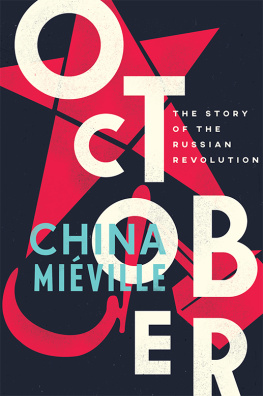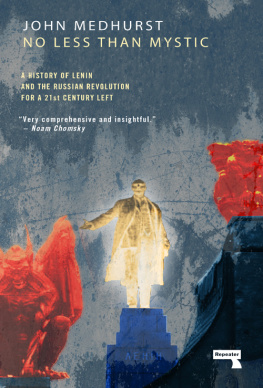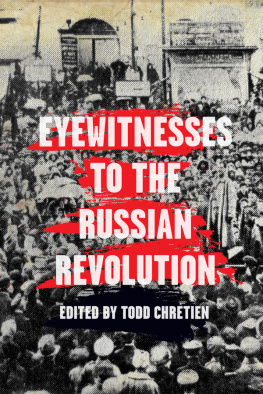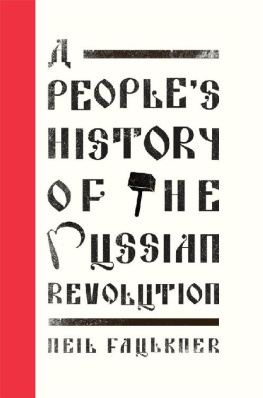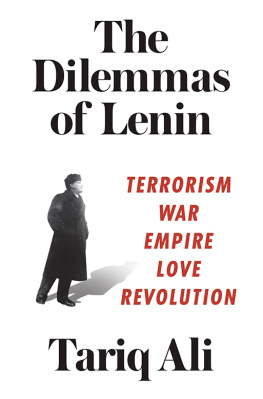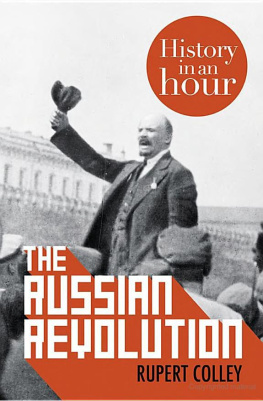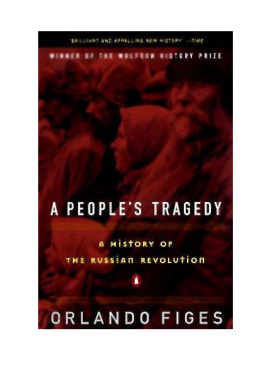Zero Books is an imprint of John Hunt Publishing Ltd., Laurel House, Station Approach, Alresford, Hants, SO24 9JH, UK
For distributor details and how to order please visit the Ordering section on our website.
All rights reserved. Except for brief quotations in critical articles or reviews, no part of this book may be reproduced in any manner without prior written permission from the publishers.
The rights of Philip Cunliffe as author have been asserted in accordance with the Copyright, Designs and Patents Act 1988.
A CIP catalogue record for this book is available from the British Library.
We operate a distinctive and ethical publishing philosophy in all areas of our business, from our global network of authors to production and worldwide distribution.
Acknowledgements
When I started teaching Marxism at the University of Kent in the academic year 2012/13, occasionally my students would ask me, What kind of a Marxist are you? This book provides an answer to their question: a gonzo Marxist. They have constantly challenged me to come up with new ways of introducing, justifying and refreshing the concepts, theories and ideas that I have taught them. The book is dedicated to them.
This book was also variously inspired by the work of Slavoj iek, Richard Ned Lebow, James Heartfield, Richard J. Evans, Ross Wolfe, Loren Goldner, @Damn_Jehu, Peter Frase, Francis Spufford, Chris Cutrone, Reid Kane and Ken Macleod. Inspiration also came from browsing the posts of various Internet chat forum participants, especially those of K-Haderach and Cowd. If all these people agreed with everything or even most things in this book, I know I would have done something wrong. Nonetheless, I hope that if any of them come to read this short book, at least they find it stimulating.
I would also like to thank, in no particular order, Alex Hochuli, George Hoare, Frances OLeary, Chris Bickerton, Lee Jones, Peter Ramsay, Suke Wolton, Charles Devellennes and Yana Bezirganova who all read earlier versions of the manuscript in part or in full. They all encouraged my gonzo tendency of one. A special thank you to Alex Gourevitch for his help in putting together the counter-factual narrative on the post-war revolution in the US. Needless to say, any errors of fact, interpretation and judgement are all mine, as unfortunately errors cannot be eliminated, even in the realm of the counter-factual.
Chapter I
One Hundred Years that Shook the World
A hundred years since the Russian Revolution that was supposed to have swept capitalism away, global capitalism remains intact and unchallenged. The USSR, that state founded by the Russian Revolution, lies on the ash heap of history. The defeat of the Russian Revolution has put paid to hopes of revolutionary social transformation through the seizure of state power. It has put paid to dreams of a radically better world in which social divisions have been eliminated and all oppression abolished. Its defeat has exposed the futility of humanity seeking to remould society and consciously shape its own destiny.
Yet bizarrely the epic triumph of capitalism has left us with only a limited appreciation of its many benefits and achievements. The marvels of mass consumption are routinely reviled as so much crass materialism. Economic growth and industrialization is seen as polarizing and disruptive of nature. The wondrous synergy of global urbanization is seen as the march of slums and squalor or alternatively, as the extension of suburban existential turpitude. The endless miracles of industrialized agriculture are seen as poisonous and destructive, while continual improvements in communication are seen as alienating and intrusive. The mass migration resulting from improved means of transport is seen as deeply threatening to the wealthiest, most technologically advanced and open societies on the planet. We cower before the prospect of planetary catastrophe and ecological collapse. We are tormented by every new scientific discovery and the possibility of greater control that it engenders. We live in collective dread of the marvels of nuclear power and are morbidly consumed by the fantasy that our own creations might one day come to dominate us when robots take over and computers become self-aware. Given all this, one could be forgiven for wondering whether anything else was defeated with the defeat of the Russian Revolution.
Nostalgia for Futures Past
We also know that once upon a time, the future was supposed to have been better. At the height of the Cold War, people looked forward to a glittering era of peaceful international cooperation, limitless clean energy, populated lunar bases, mass space tourism, colonization of the Solar System, flying cars and robots as domestic servants and of course, jet packs and hover boards. In the 1959 Kitchen Debate in Moscow, the then US vice president Richard Nixon sparred with Soviet leader Nikita Khrushchev over which social system was capable of delivering not only the best rocket technology but also the best consumer devices. The duels of the Cold War were measured not only by numbers of tanks and missiles, but also by competition over scientific discovery, technical innovation, economic growth, educational advance, urban planning, architecture and even household gadgets washing machines, toasters, juicers. The Apollo Moon landings, it has been claimed, were the greatest achievements of Soviet communism. If such intense rivalry with the USSR could yield such optimism and hope, should not a capitalist victory over communism have yielded more still? How was it that communism became less threatening, failing to rouse the capitalists to competition?
The states of the old Eastern bloc claimed many lies about themselves that they were popular, that they were democratic and that they belonged to the people. Yet one lie they never tried to sustain despite often being ruled by Communist political parties was that they were communist societies. In his speech delivered to the 22nd Communist Party Congress in 1961, Khrushchev promised communism to the Soviet people by the 1980s. When it became clear that the sputtering Soviet economic engine would never deliver on that promise, Russias communist leaders never went further than claiming to protect actually existing socialism a promise whose bad faith was already exposed by the qualifying sobriquet. If communism never happened, and if the hopes of the Russian Revolution fizzled out in Soviet Russia itself long before the Cold War ended, when and where was the Russian Revolution actually defeated? How did communism die?
Capitalist achievements are paltry compared to the scale of capitalist victory. This is so even leaving aside the delusions of no longer existing socialism and the techno-utopianism of the High Cold War. Thirty years since the triumph of liberalism over totalitarianism, and the freest states in the world have chosen to construct industrial scale apparatuses of mass surveillance that would have been the envy of the most efficient secret police of the grimmest Peoples Republic. Thirty years after the victory of the market over the command economies of the Eastern bloc and the global economy is still struggling to shake off one of its worst ever crises threatening to crumble into a long period of stagnation while global trade collapses and fragments.


